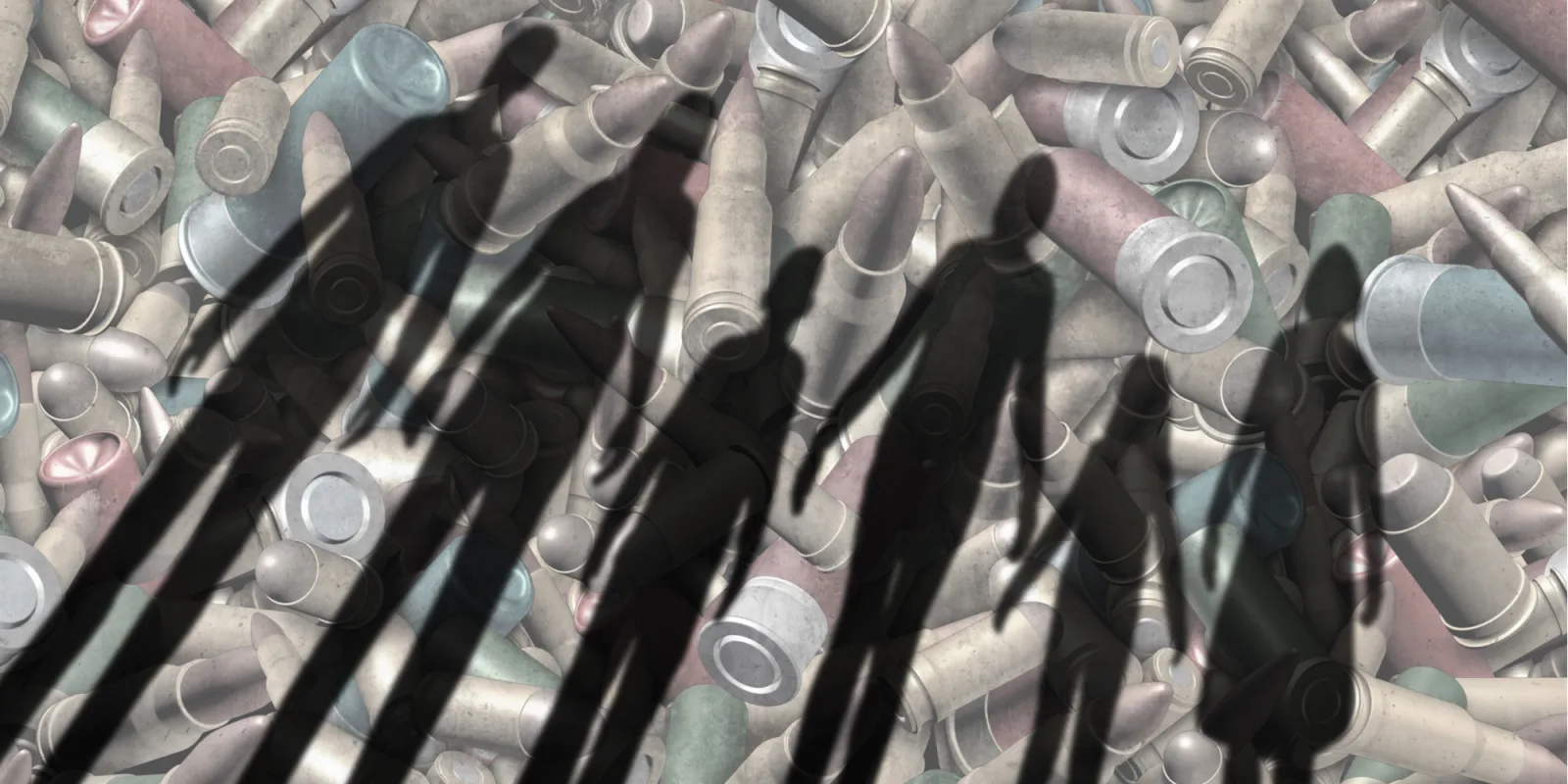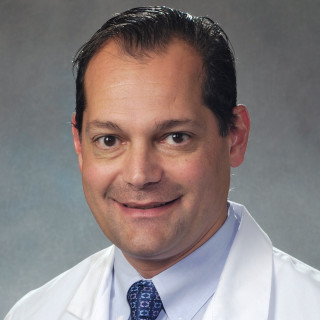
He casually told me he’d been in Las Vegas in the past weeks. I didn’t really even think about it. It was late October 2017. My patient, who we will call Tommy, was more than a patient as he sat across from me. I’d operated on his left shoulder and now his right was flaring up. He mentioned he hurt it in a fall coupled with lots of heavy lifting while in Vegas. My mind meandered to how his post-op left shoulder was doing and then I got back on topic. I had known him for years, as we both attended the same rough and tumble Los Angeles public high school long ago. We had a kinship deeper than the rudimentary surgeon-patient relationship; we were kind of like homeboys.
As I refocused on the right shoulder I began to ask mechanism of injury questions. I was trying to understand his mention of a fall and heavy lifting while on what I presumed was a vacation. It was then that he told me he had been at the Harvest Music Festival, and pathetically for a moment it still didn’t register. We think so much that these things touch only others; they never get to “us.” Finally, I asked if he meant Las Vegas in the time and location of the shooting and Tommy’s lower lip quivered and he looked away. He began to weep. He recounted ghastly horrors he had seen and heroically, amazing acts of courage he had performed. Tommy is an oil refinery fire captain. He is wired to help. He is also from the tough place I was from and knows fear and has learned to respond to it in a way where he can actually function somewhat effectively through it, in the moment.
Tommy’s story is his to tell. I was not there so I think the retelling of his telling would make me a fraud or seem disingenuous. What I can tell you is that he fell onto his right shoulder and then he lifted many concertgoers to safety. These were the reasons for his right shoulder pain. Tommy went with lots of family to the concert and finally was reunited with them all after several frightful hours of being separated and cordoned away from his hotel by well-meaning authorities who had droves of concert goers shelter in multiple random places for the sake of safety during the fog of this terrible experience.
I listened and couldn’t help but cry myself. The doctor’s mantra is to show empathy to our patients. I wasn’t following that per se. I was hurting for my friend. At the end of a time much longer than that “allotted” for my visit with Tommy, we hugged, and I asked about how he was getting along. He mentioned he had been working with a counselor in my medical care program and was also getting supplemental assistance from a family member who was also at the concert and is a Bureau of Alcohol, Tobacco and Firearms (ATF) agent. This kind man was able to help connect Tommy and his wife to counselors who have special expertise in Post-Traumatic Stress.
I have continued to work with Tommy on his musculoskeletal problems and be a sounding board for him when we meet. There is so much new research on the effect of psychological symptoms on clinical outcomes. Fortunately, we both felt the best course for his right shoulder was to treat conservatively until he was in a better place (in keeping with this new thinking). Tommy recently underwent surgery and has done well. At a postoperative visit, I asked him how he was doing. He is physically fine, and his shoulder function has improved. He has been back to work for a while. He did admit to feeling blue again in the days after the surgery when he was more incapacitated and how he silently railed against the shooter as the person responsible for so much pain in his life. He also recounted how his physical recovery helped him to ultimately mentally emerge from a temporary recrudescence of sadness.
I just met with him again just after the 2019 Aurora, Illinois shootings. We spoke of the experience in Las Vegas at his initiation. I told him of the recent dust up between organized medicine and the National Rifle Association (NRA) after the American College of Physicians reemphasized policies that might reduce deaths and injuries from firearm-related violence. I told him of the dueling hashtags (#StayInYourLane, #ThisIsMyLane). He shook his head and his lip quivered again. He told me he had gotten word from his recounting of his story to authorities that he was in the “kill zone” on that concert evening in Las Vegas. I was stunned at the incredible burden he must feel, even now. He also said he was a gun owner and was not political (and this missive will not be either). He just wanted to help people.
We hugged again, and I told him he was like family to me. He thanked me for all I had done. I told him we all must take care of each other and it was the least I could do (and I really hoped my heartfelt empathy would have a positive effect. He joked that I needed to be around for a while to take care of more of his body parts. He then astutely observed that the Las Vegas October 2017 shooting may have, in some way, gotten to me as well. You know, I’d have to agree.
References
- Koorevaar RC, van 't Riet E, Gerritsen MJ, Madden K, Bulstra SK. The Influence of Preoperative and Postoperative Psychological Symptoms on Clinical Outcome after Shoulder Surgery: A Prospective Longitudinal Cohort Study. PLoS One. 2016 Nov 15;11(11):e0166555. doi:10.1371/journal.pone.0166555. eCollection 2016. PubMed PMID: 27846296; PubMed Central PMCID: PMC5112803.
- Butkus R, Doherty R, Bornstein SS; Health and Public Policy Committee of the American College of Physicians. Reducing Firearm Injuries and Deaths in the United States: A Position Paper From the American College of Physicians. Ann Intern Med. 2018 Nov 20;169(10):704-707. doi: 10.7326/M18-1530. Epub 2018 Oct 30. PubMed PMID: 30383132.
- Menendez ME, Chen NC, Mudgal CS, Jupiter JB, Ring D. Physician Empathy as a Driver of Hand Surgery Patient Satisfaction. J Hand Surg Am. 2015 Sep;40(9):1860-5.e2. doi: 10.1016/j.jhsa.2015.06.105. Epub 2015 Jul 29. PubMed PMID: 26231482.
Ronald A. Navarro, M.D. is a Regional Assistant Medical Director of Business Management in the Southern California Permanente Medical Group as well as Regional Chief of Orthopaedic Surgery for the same group where in both roles he helps to serve Kaiser Permanente patients in southern California. He loves his family and shoulder surgery.
Image: Lightspring / shutterstock





